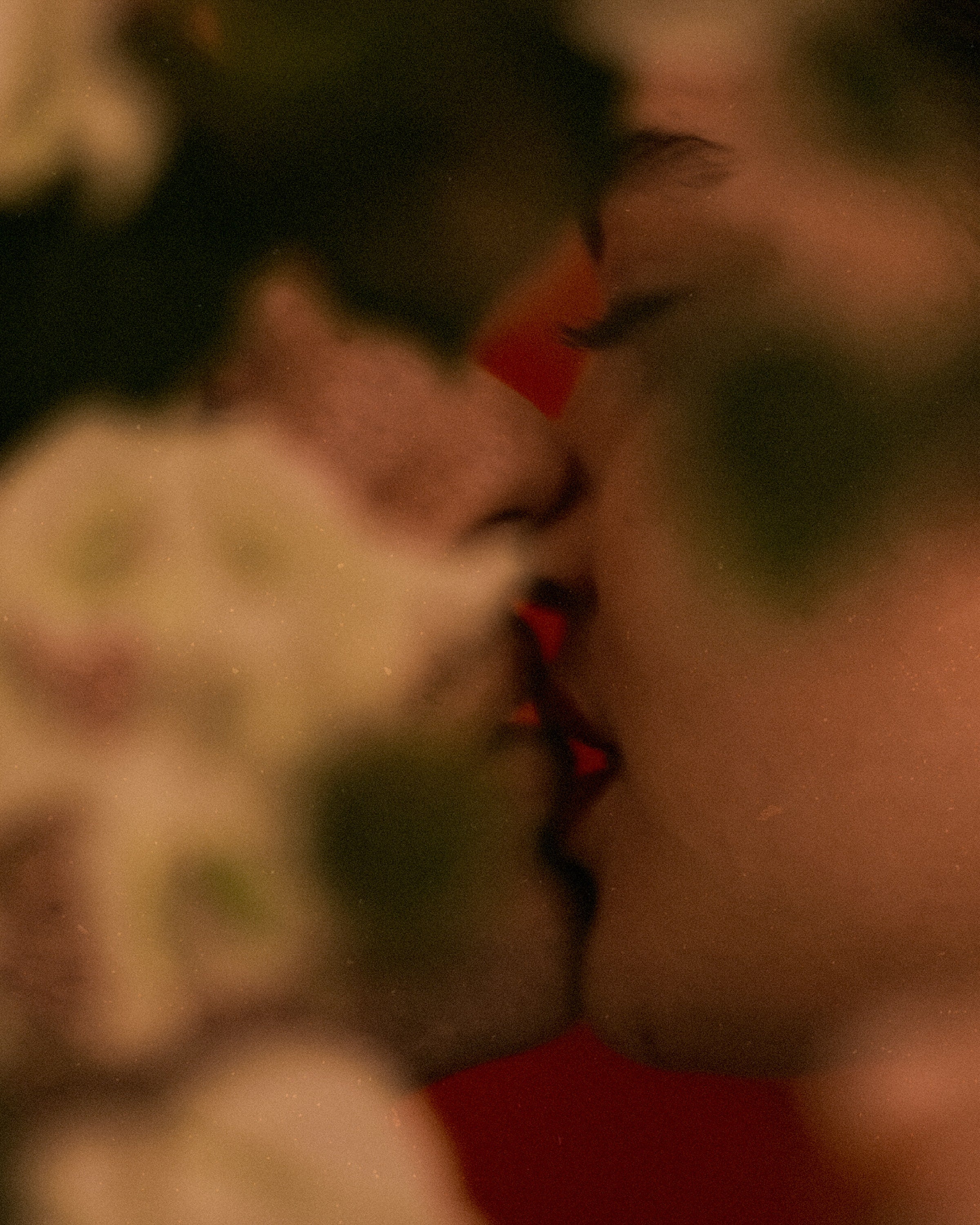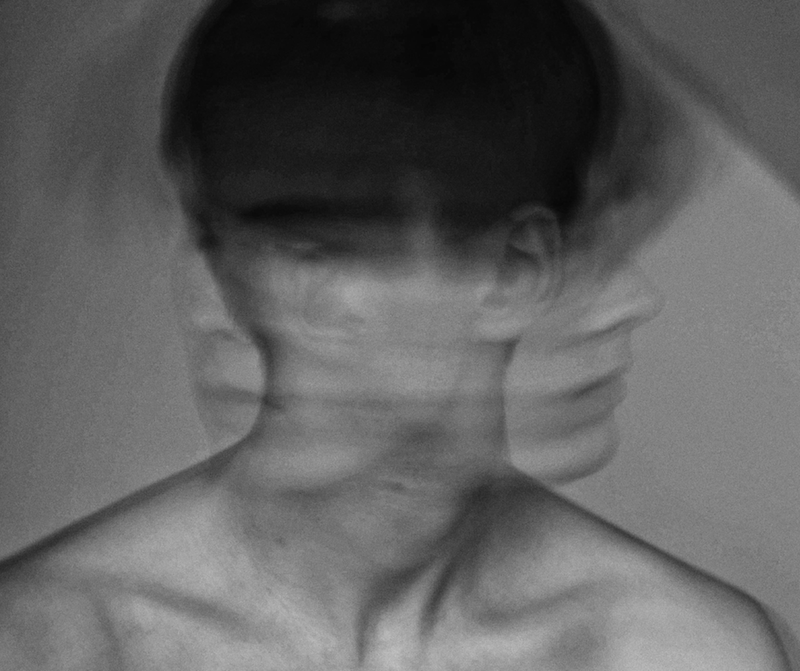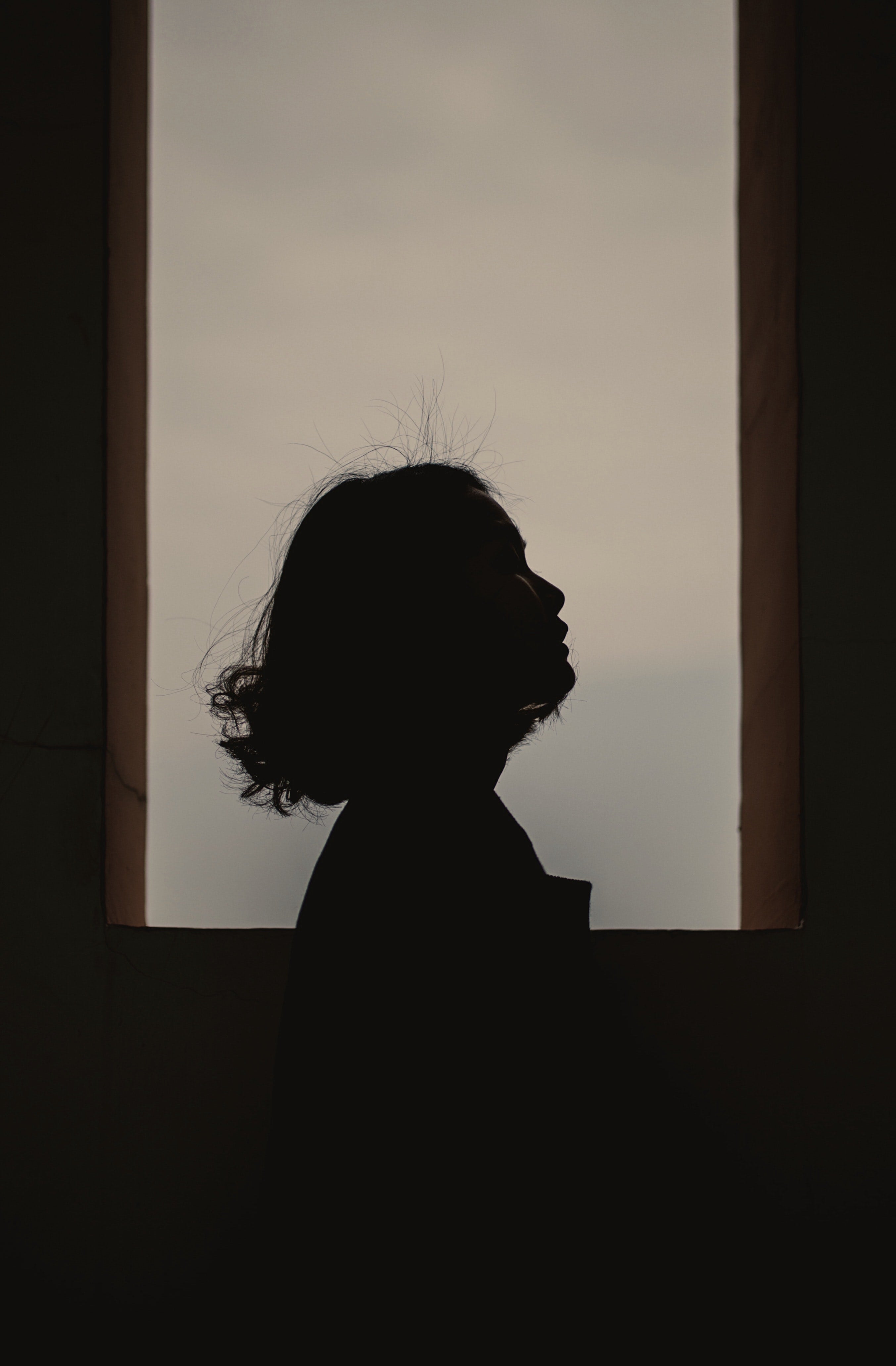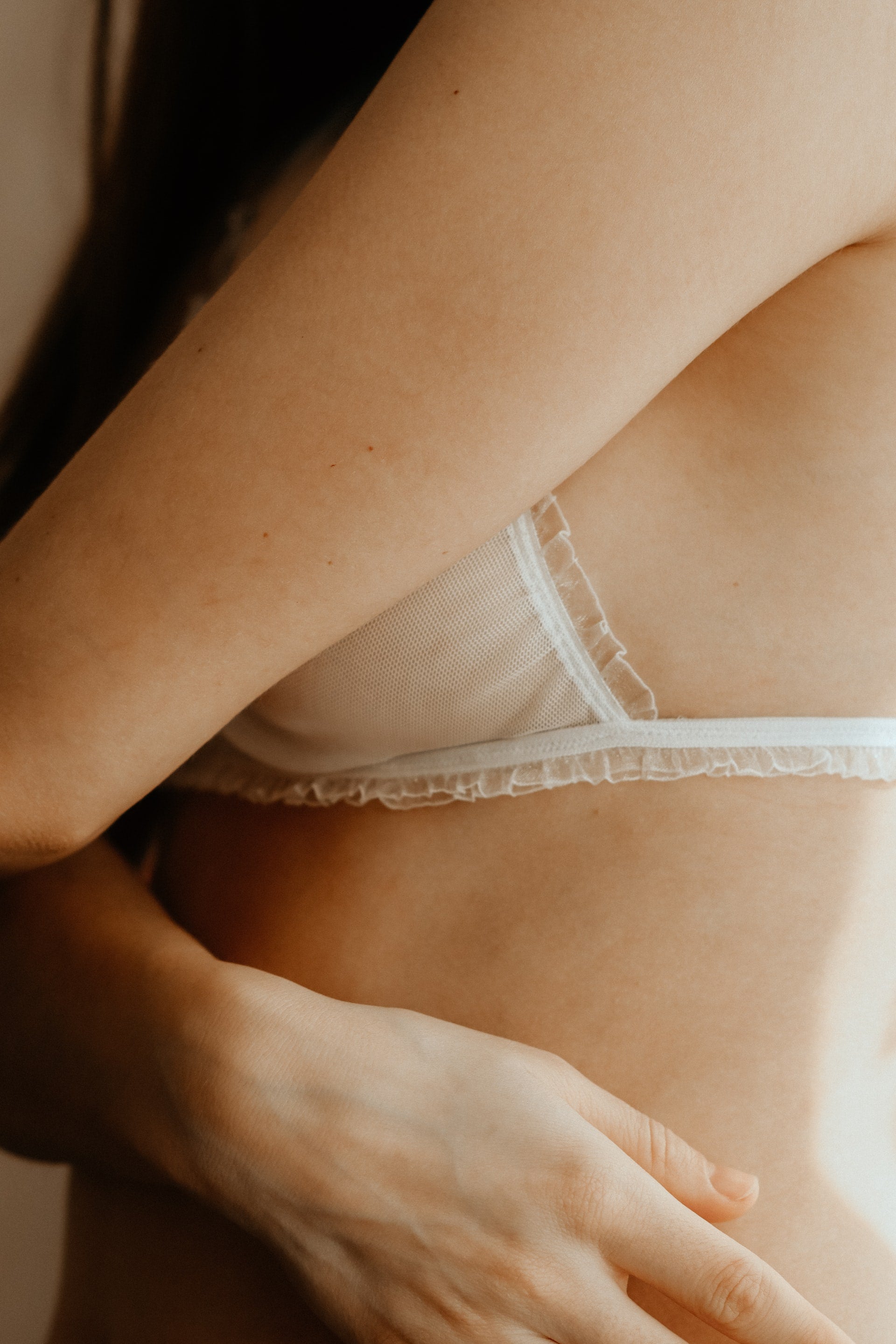How Your Period Impacts Your Sex Drive.

What to know about hormonal shifts.
Hormones are a common scapegoat for intense and oscillating emotions: When the realization that your coffee shop is out of oat milk brings you to tears, or your morning routine TikTok inspires you to disavow your procrastinating ways—for just a few hours. And it’s not wrong to place the blame on your body chemistry, either. For people with periods, hormonal shifts can have a huge impact on the way they feel, depending on where they’re at in the menstrual cycle.
Sexual desire during ovulation
A simple understanding of evolutionary science (if not personal experience) might lead you to the conclusion that people with periods are horniest during the period of ovulation—and you’d generally be correct. Quick sex ed refresher: Ovulation is the period during the menstrual cycle when an egg is released from the fallopian tube and made available for fertilization. It can vary from person to person (depending on how long or short a person’s period is), but it typically happens about 14 days before a period starts. This period is sometimes called the “fertile window,” because it is when pregnancy is most likely to occur.
This window brings heightened feelings of sexual desires and improved body image, according to a 2019 study that re-affirmed previous research. This time of the month, then, has the potential to be very sexually fulfilling (but if procreation is not the goal of your intimacy, don’t forget your preferred method of birth control).
Some research has suggested that people are attracted to different kinds of people during ovulation: at the time when you’re most likely to conceive, you’re more drawn to provider types who are most likely to care for your offspring. But…that’s a theory that doesn’t quite hold up, according to a psychological study published in 2021. Yes, ovulation makes you want to get laid—but it doesn’t change who you want to bone.
Sexual desire during your period
People experience—and find relief from—their periods in different ways. This is why some people have heightened desire not just during ovulation, but during their periods. Although there isn’t a ton of clinical data explaining precisely why this happens. There are a few explanations.
For one, people may perceive period sex as “less risky” than sex during ovulation, with regards to pregnancy risk—leading to more psychological openness during this time frame. (Though it’s important to note that you can still get pregnant and contract STIs during your period, without protection).
Although estrogen and progesterone—the hormones responsible for feelings of desire during ovulation—are at lows during menstruation, the slight uptick of testosterone during your period may also play a role in increased horniness, Nicole Bullock, D.O., a Texas OBGYN, told Refinery29.
According to Columbia University’s health site Ask Alice, “pelvic congestion” is more common during periods. For some people, this feeling can translate into feelings of arousal. Orgasm can also help to relieve this congestion (as well as cramps)—which is why masturbation is also a common antidote to PMS.
And last, period blood can act as a natural lubricant. Consider this the case for giving period sex a go.



